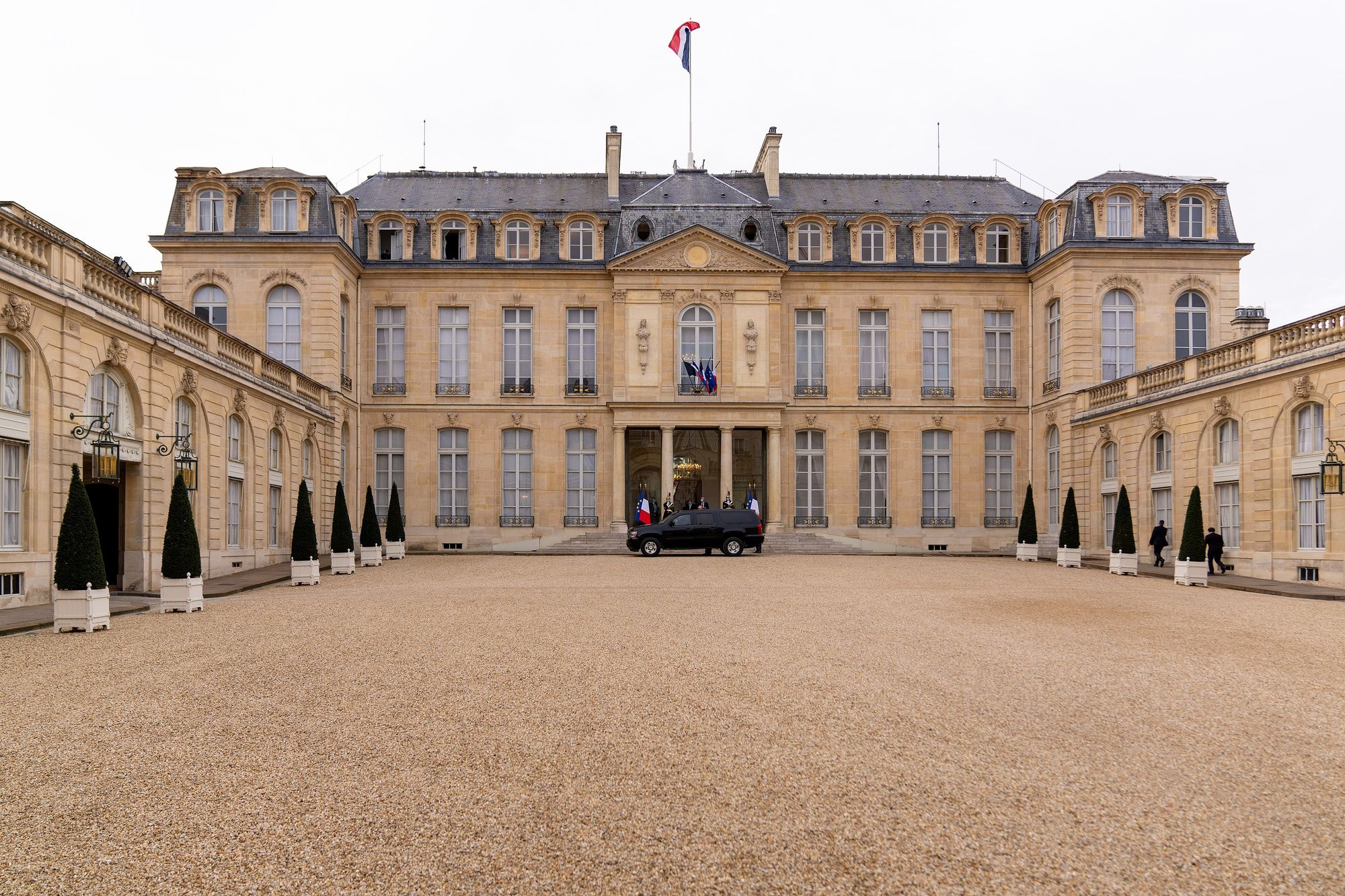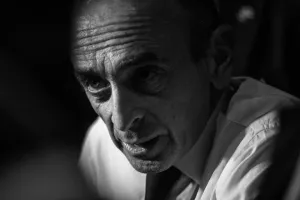Way back in early July, I wrote one of the earliest Insights from Spectacles, about the leader of the French far-right National Rally party, Marine Le Pen. In it, I argued that President Emmanuel Macron’s break from traditional party structures was spreading in France. The politics of the country have become more personalized and less tied to parties. As a result, I predicted that political instability and unpredictability in the country would get worse. With Éric Zemmour announcing his bid for the presidency, it seems I was right.
A career journalist and pundit with no formal political standing or experience, Zemmour has surged in popularity in the past year as the face of a news talk show on France’s CNews, a channel frequently likened to Fox News. He has honed his brand with books and shows railing against the country’s supposed feminization, cultural subjugation by political correctness, and impending racial and religious subjugation by African and Muslim immigrants.
In his formal campaign announcement released only yesterday, he repeats the same talking points against a backdrop of images and video reminiscent of France’s glorious bygone past. He says, “France is no longer France.” Without any substantive ideas for policy or what France must do in the future, this is the key of Zemmour’s appeal to the French people: nostalgia. It’s also the part of his appeal which is most dangerous for democracy.
That may sound a little ridiculous at first. After all, it’s hard to come up with a name of any politician in a democracy who has not appealed to some version of the past for a justification of his or her political position. Nostalgia is politically powerful and appealing because it flatters us by telling us we already figured everything out long ago.
However, nostalgia in politics can take different forms. Zemmour, a self-identified Bonapartist, reminisces about the French ‘golden ages’ of Napoleon and Louis XIV. What these beloved pasts have in common, which is not the case for every nostalgic politician’s appeals, are their undemocratic characters. His promise is that he will root out certain bad people and restore French culture to its former, perhaps monarchist, glory, fortified this time against any change.
Not only does he seem to lack any outward democratic spirit, his brand of nostalgia is in direct conflict with the spirit of democracy. Liberal democracy, defined by both political and economic competition, is by-design open to change. For most of human history, those possessing political power have striven to fortify themselves and their societies against change, as Mr. Zemmour promises he will. Monarchs establish state religions which lend their divine blessings, while dictators stamp out dissent and grant their lackeys economic monopolies to ensure their continued rule.
The truly novel characteristic of liberal democracy is that its institutions are designed to find continuity through change. The system is adaptable and meant to incentivize economic and political entrepreneurship and problem-solving. The hope is that political nostalgia can serve democracy by emphasizing moments of democratic triumph, rather than the supposed glories of some solid and unchanging past. But that is always going to be a difficult hope to realize.
Everyone attaches their identity to different elements of their lives. Some see their religion, their skin color, their food, or their books and movies as the key symbols of who they are. Along these lines, society is bound to change in its character. People from different places with different appearances and cultures may come, and their impact may change things. For those who identify with those things as they used to be, that change is bound to be unwelcome. For those who identify with their political institutions first—in other words, as citizens—such changes may not be so bothersome.
This is the key tension between nationalism and patriotism: to what we attach our identities, either steadfast culture or flexible democracy. For as much attention as he’s gotten, Zemmour has already slipped in the polls after some rude behavior. Though the same was certainly said about another ethno-nationalist TV personality running for president elsewhere, Zemmour doesn’t look to be that strong of a contender. After all, the French are a proud people, but pride for their persistent democracy runs about as deep as it does for their food, language, and religion.
Subscribe to Spectacles



Comments
Join the conversation